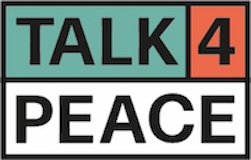
Improvisation in mediation practice: becoming the instrument
What are the similarities between jazz musicians and mediators? Both improvise in response to unexpected interactions or as a means to facilitate change. In this blog, Dagmar Punter discusses what improvisation for a mediator may look like. It also examines what can be gleaned from applying the artistic lens of applied improv to conflict resolution, and how this can help to deal with the current challenges of our time. The blog connects findings from her Master’s thesis, an interview study with mediators and artistic practitioners, to recent literature on the role of improvisation in everyday peace and how ‘improvised communities’ use creative approaches in resistance. Dagmar is currently conducting her ‘What does peace mean to you?’ PhD project at Tilburg University, The Netherlands.
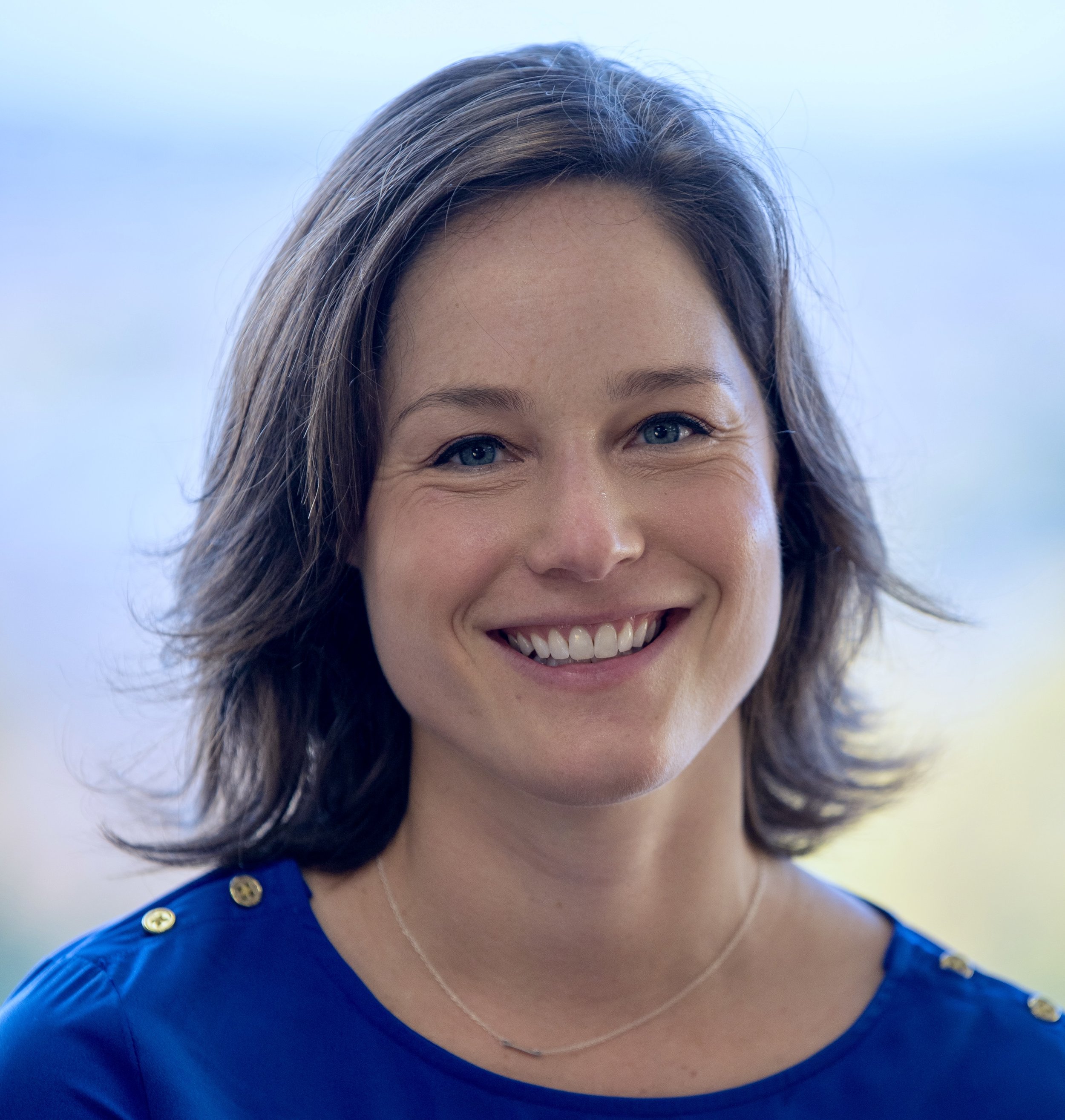
Considering Bargaining Power—Women at the Table but with what Leverage?
In this blog post, Alex McAuliff considers the role of bargaining power in peace negotiations. She asks what leverage women have to achieve their desired outcomes when they are included in these highly masculinised processes? Specifically, this post examines the power available to the Northern Ireland Women’s Coalition (NIWC) within the peace negotiations that led to the Belfast/Good Friday Agreement of 1998. The analysis is drawn from extensive archival work and interviews with NIWC members as well as Irish and British government officials involved in the design and execution of the negotiations. This blog is part of Alex’s broader research project that examines the ways gendered hierarchies of peace shape the effectiveness of descriptive representation to achieve gender-just and transformative peace outcomes.
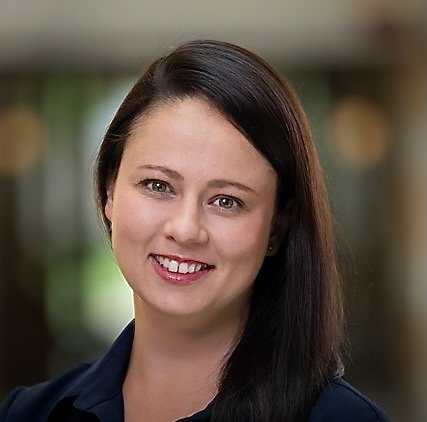
A feminist constitution for a feminist peace?
In this blog Dr Jenna Sapiano examines the potential role of post-peace agreement constitutions in consolidating feminist gains in the aftermath of violent conflict. She argues that, as the political and legal document through which the peace settlement is realised, the development of a post-agreement constitution provides a ‘window of opportunity’ in working towards a more gender equal society. She thus argues that greater attention should be paid to the potential of feminist constitutions within post-conflict settlements.
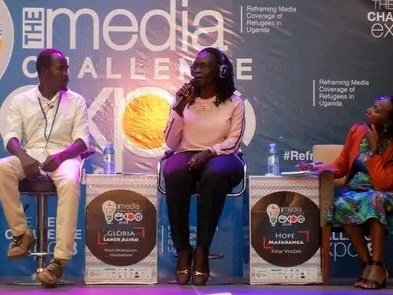
Peace Journalism and Positive Media as vital tools in transformative dialogue in Uganda.
What is the role of peace journalisms and transformative media in laying the foundation for peace making? This blog provides reflections on this question from acclaimed Ugandan peace journalist. She argues that there is a vital need to shift away from only focusing on ‘war reporting’ that reproduces narratives of conflict, toward peace journalism, that encourages dialogue between antagonistic groups.
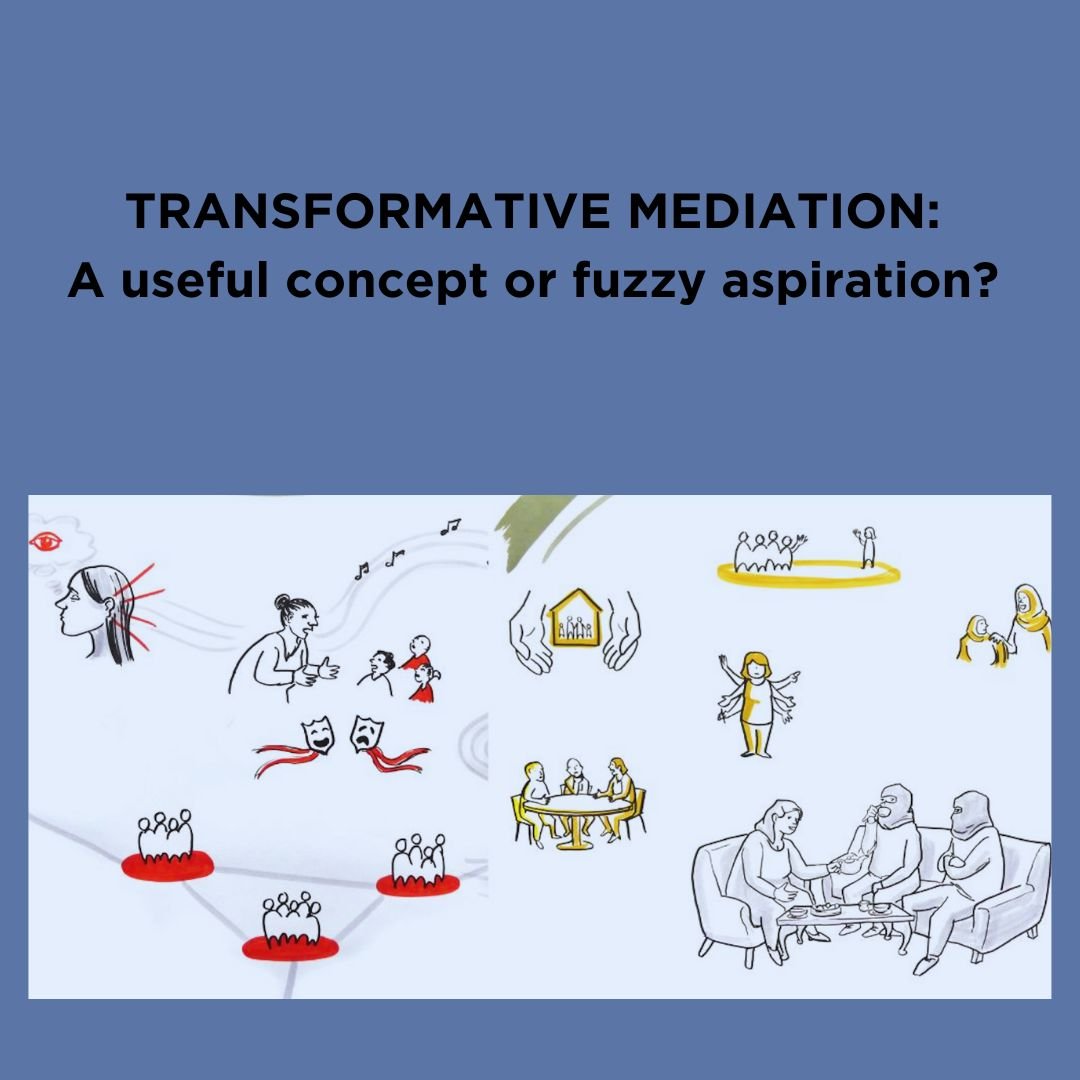
Transformative mediation, intersectionality and gender Justice: outlining a productive research agenda?
How do we make peace mediation more inclusive, not only of women but also of other minoritized groups that have been traditionally ignored in mainstream responses to conflict?
How do we ensure that their experiential knowledges and values matter for transforming conflictual relations and addressing legacies of conflict?
Where do we see interventions in academic and activist spaces that can help us re-imagine mediation through a commitment to intersectionality and gender justice?
Is that even possible or should we relinquish the language of mediation itself and find alternative processes that resonate more with our commitments and communities of practice?
These are some of the key questions we are grappling with in our project Talk4Peace. In our research we set out to explore possibilities and challenges in transforming mediation through engagement with feminist mediation scholarship, theories of intersectionality and gender justice, and in conversation with practitioners and activists committed to transformative practices in mediation and peacebuilding.
By Maria Adriana Dieana and Heidi Riley
